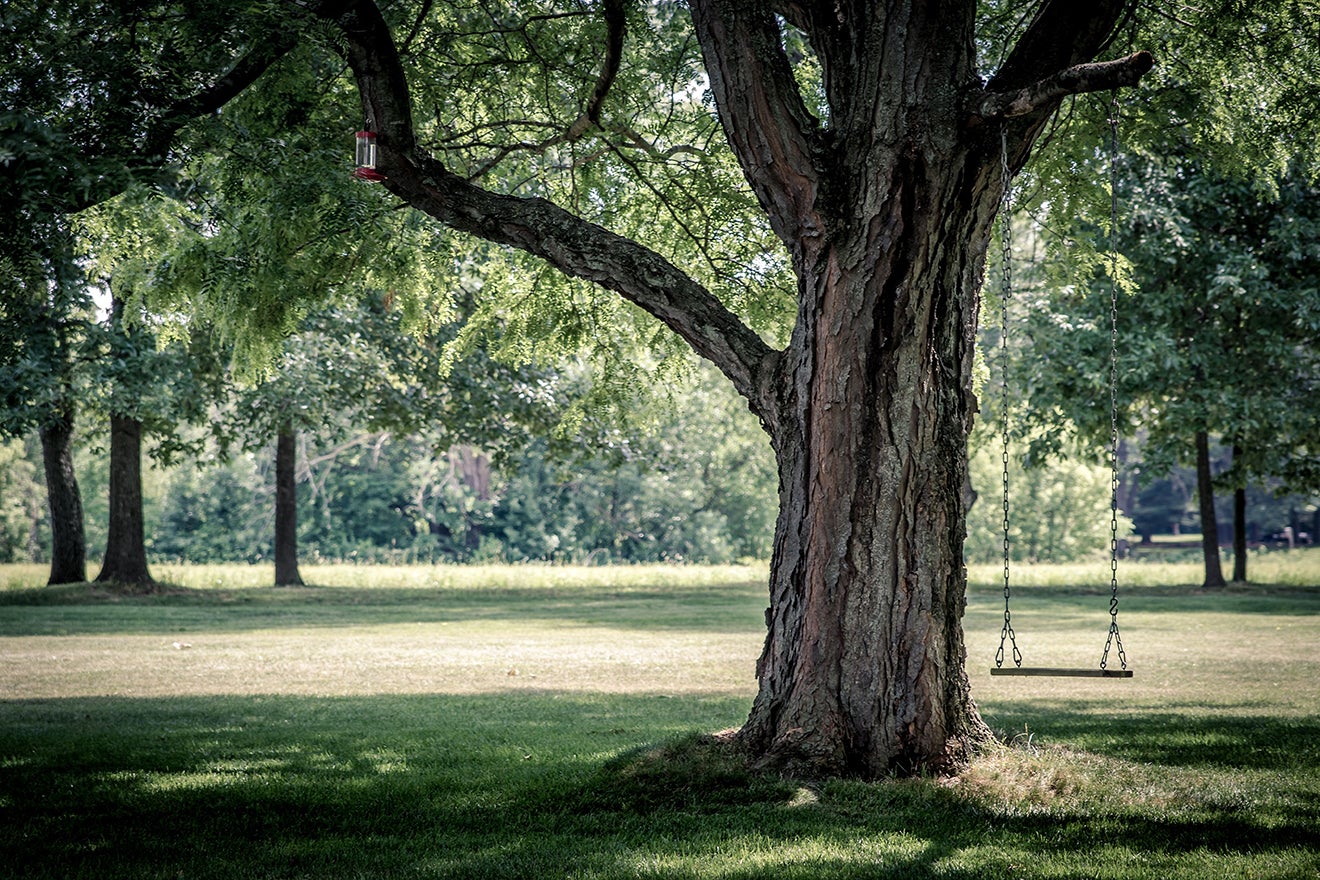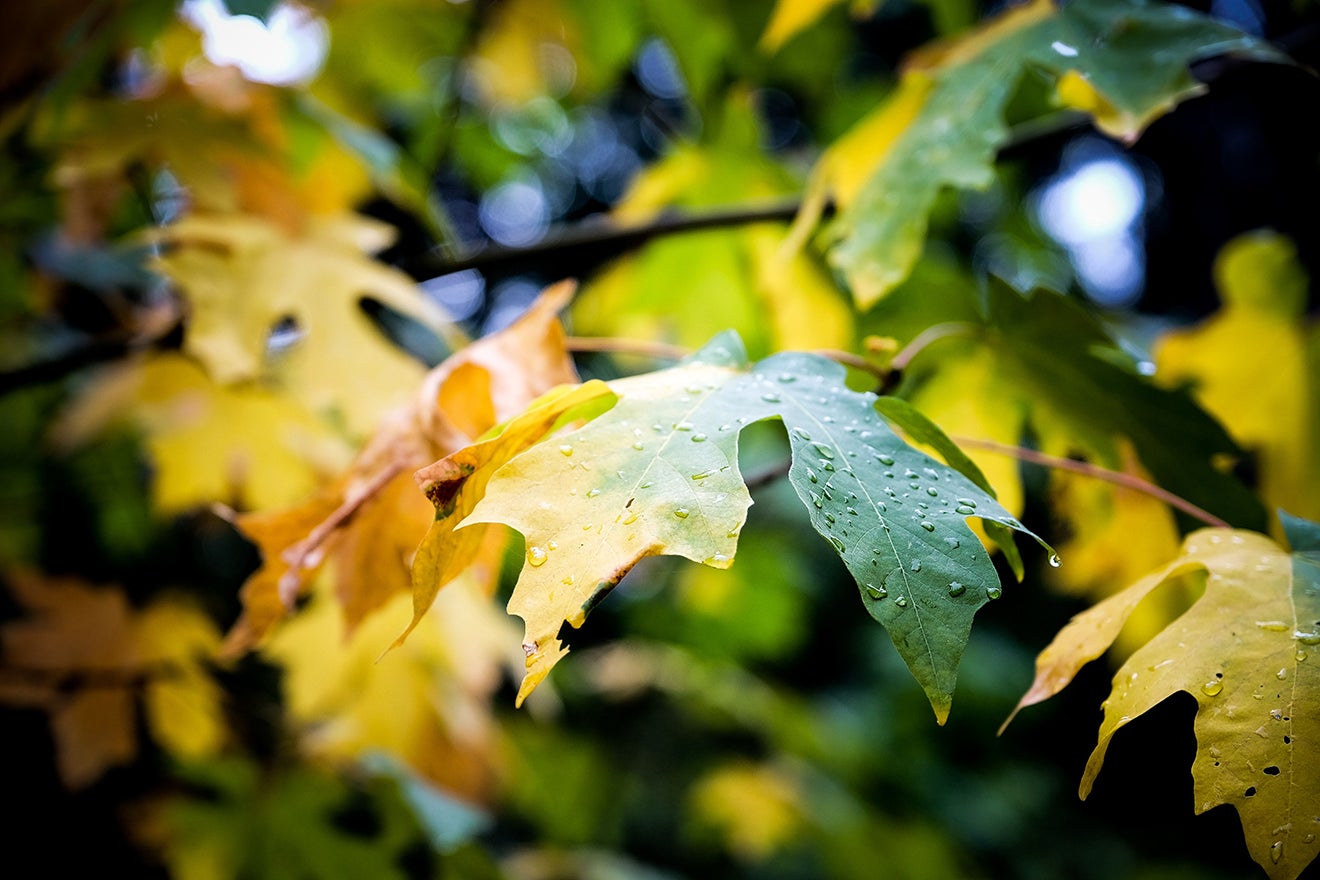Tree-Based Energy
The benefits of trees can be grouped into social, communal, environmental, and economic categories.
For more information about trees go to www.isa-arbor.com or www.treesaregood.com
If you wish to learn more about tree planting for energy conservation, please stop by our office for a free copy of the brochure How Trees Can Save Energy.
We like trees around us because they make life more pleasant. Most of us respond to the presence of trees beyond simply observing their beauty. We feel serene, peaceful, restful, and tranquil in a grove of trees. We are “at home” there. Hospital patients have been shown to recover from surgery more quickly when their hospital room offered a view of trees. The strong ties between people and trees are most evident in the resistance of community residents to removing trees to widen streets.

Even though trees may be private property, their size often makes them part of the community as well. Because trees occupy considerable space, planning is required if both you and your neighbor are to benefit. With proper selection and maintenance, trees can enhance and function on one property without infringing on the rights and privileges of neighbors.
Trees bring natural elements and wildlife habitats into urban surroundings, all of which increase the quality of life for residents of the community.

Trees alter the environment in which we live by moderating climate, improving air quality, conserving water, and harboring wildlife. Climate control is obtained by moderating the effects of sun, wind, and rain. Radiant energy from the sun is absorbed or deflected by leaves on deciduous trees in the summer and is only filtered by branches of deciduous trees in winter. We are cooler when we stand in the shade of trees and are not exposed to direct sunlight. In winter, we value the sun’s radiant energy. Therefore, we should plant only small or deciduous trees on the south side of homes.
Wind speed and direction can be affected by trees. The more compact the foliage on the tree or group of trees, the greater the influence of the windbreak. The downward fall of rain, sleet, and hail is initially absorbed or deflected by trees, which provides some protection for people, pets, and buildings. Trees intercept water, store some of it, and reduce storm runoff and the possibility of flooding.
Dew and frost are less common under trees because less radiant energy is released from the soil in those areas at night.
Temperatures in the vicinity of trees are cooler than that away from trees. The larger the tree, the greater the cooling. By using trees in the cities, we are able to moderate the heat-island effect caused by pavement and buildings in commercial areas.
Air quality can be improved through the use of trees, shrubs, and turf. Leaves filter the air we breathe by removing dust and other particulates. Rain then washes the pollutants to the ground. Leaves absorb carbon dioxide from the air to form carbohydrates that are used in the plant’s structure and function. In this process, leaves absorb other air pollutants, such as ozone, carbon monoxide, and sulfur dioxide-and give off oxygen.
By planting trees and shrubs, we return to a more natural, less artificial environment. Birds and other wildlife are attracted to the area. The natural cycles of plant growth, reproduction, and decomposition are again present, both above and below ground. Natural harmony is restored in the urban environment.

Individual trees and shrubs have value, but the variability of species, size, condition, and function makes determining their economic value difficult. The economic benefits of trees can be both direct and indirect.
Direct economic benefits are usually associated with energy costs. Air-conditioning costs are lower in a tree shaded home. Heating cost are reduced when a home has a windbreak. Trees increase in value from the time that are planted until they mature. Trees are a wise investment of funds because landscaped homes are more valuable than non landscaped homes. The savings in energy costs and the increase in property value directly benefit each home owner.
The indirect economic benefits of trees are even greater. These benefits are available to the community or region. Lowered electricity bills are paid by customers when power companies are able to use less water in their cooling towers, build fewer new facilities to meet peak demand, use reduced amounts of fossil fuel in their furnaces, and use fewer measures to control air pollution. Communities also can save money if fewer facilities must be built to control storm water in the region. To the individual, these savings are small, but to the community reductions in these expenses are often in the thousands of dollars.

- Trees keep our air supply fresh by absorbing carbon dioxide and producing oxygen.
- In one year, an acre of trees can absorb as much carbon as is produced by a car driven up to 8,700 miles.
- Trees provide shade and shelter, reducing yearly heating and cooling costs by 2.1 billion dollars.
- Trees lower air temperature by evaporating water in their leaves.
- The average tree in metropolitan area survives only about 8 years!
- A tree does not reach its most productive stage of carbon storage for about 10 years.
- Trees cut down noise pollution by acting as sound barriers.
- Tree roots stabilize the soil and prevent erosion.
- Trees improve water quality by slowing and filtering rain water as well as protecting aquifers and watersheds.
- Trees provide protection from downward fall of rain, sleet, and hail as well as reduce storm run-off and the possibility of flooding,
- Trees provide food and shelter for wildlife.
- Trees located along streets act as a glare and reflection control.
- The death of one 70-year old tree would return over three tons of carbon to the atmosphere.

